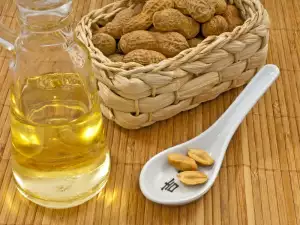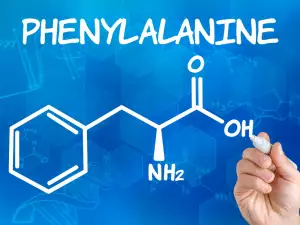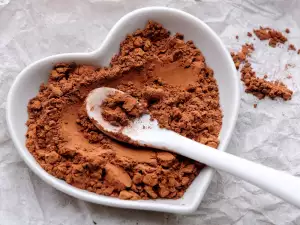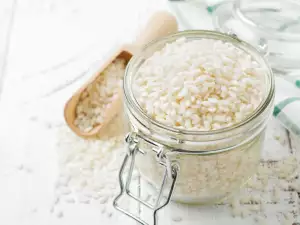Tryptophan is one of ten essential amino acids that the body uses to synthesize the necessary proteins. It is well known for its role in the production of nervous system messengers, especially those associated with relaxation, rest and sleep. Like all other amino acids, tryptophan is used as a building block in protein synthesis.
Tryptophan cannot be synthesized in the body, so it must be obtained through food or nutritional supplements. English biochemist Frederick Hopkins first isolated tryptophan in 1901. Tryptophan is vital for the production of sertonin in the brain - a transmitter of nerve impulses in the brain.
This is also the main function of tryptophan - to help synthesize melatonin and serotonin, which are key to good mental activity and emotional balance.
Functions of tryptophan
- Prevents niacin deficiency. A small part of the tryptophan we take in through food (about 3%) is converted into niacin (vitamin B3) by the liver. This conversion can help prevent symptoms associated with niacin deficiency when daily intake of this vitamin is low.
- Increasing serotonin levels. Tryptophan serves as a precursor to serotonin, a neurotransmitter that helps the body regulate appetite, sleep and mood. Because of its ability to increase serotonin levels, tryptophan has been used therapeutically in the treatment of a number of conditions, most notably insomnia, depression and anxiety.
- It has been established that tryptophan has a beneficial effect on premenstrual syndrome, which afflicts so many women around the world.
- Tryptophan may play an important role in the prevention and/or treatment of the following diseases: anxiety, depression, headache, insomnia, nightmares, obesity, pain, senile dementia, Tourette syndrome.
Tryptophan deficiency

As an essential amino acid, dietary tryptophan deficiency can cause the symptoms characteristic of protein deficiency, namely weight loss and impaired growth in children.
When accompanied by dietary niacin deficiency, lack of tryptophan in the diet can also cause pellagra, a classic disease characterized by dermatitis, diarrhea, dementia and death.
Tryptophan deficiency can also lead to a decrease in serotonin levels. Low levels of serotonin are associated with depression, anxiety, irritability, impatience, impulsivity, inability to concentrate, weight gain, insatiable appetite for carbohydrates and insomnia.
In 1989, in the US, the use of dietary supplements containing tryptophan began to be associated with the development of a serious condition called eosinophilia-myalgia syndrome (EMS), which causes severe muscle and joint pain, high fever, weakness, swelling of the hands and legs and shortness of breath and in some cases leads to death.
Vitamin B6 is needed to convert tryptophan into niacin and serotonin. Therefore, a dietary deficiency of vitamin B6 can lead to lower serotonin levels and/or problematic conversion of tryptophan to niacin.
Certain foods, health factors and lifestyle in general reduce the conversion of tryptophan to serotonin. These factors are namely smoking, high sugar intake, alcohol abuse, excessive protein consumption, hypoglycemia and diabetes.
People taking antidepressant medications (including Prozac, Paxil, and Zoloft) should consult a doctor before taking any other supplement or medication that also increases the levels and effects of serotonin in the body.
Tryptophan overdose
Tryptophan as a dietary supplement can be taken in large amounts without much danger, because much of it is broken down in the liver or used to break down proteins. However, the amounts mentioned on the packaging must be observed, because otherwise the so-called serotonin syndrome may occur - dizziness, headache, feeling hot, nausea, sweating, rapid heart rate, high blood pressure, coma or even death.
Sources of tryptophan
Tryptophan is contained naturally in almost all foods that contain protein, but in small amounts compared to other important amino acids. Foods that contain high amounts of tryptophan are: red meat, dairy products, nuts, seeds, bananas, soy and soy products, tuna, clams and turkey. Sesame flour, pumpkin seeds, eggs, parsley, rabbit meat, chia seeds are also rich sources of tryptophan.
















Comments